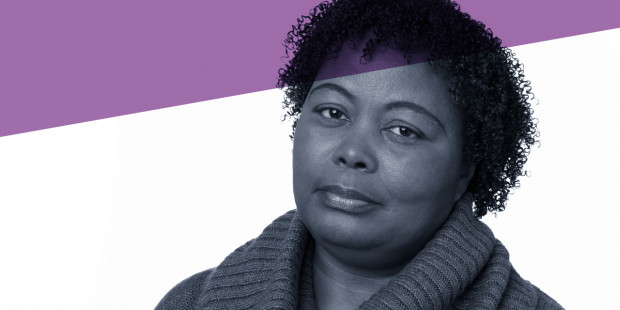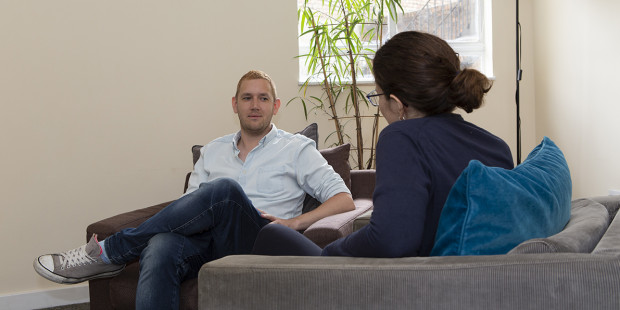Why make a will?
You should consider making a will regardless of whether or not you think you have many possessions or much money. The reasons for this are:
- Your money and possessions may otherwise be allocated and distributed in a way that you would not have wanted.
- Unmarried partners and partners who have not registered a civil partnership cannot inherit from each other unless there is a will, so the death of one partner may create serious financial problems for the remaining one.
- If you have children you’ll need to make a will so that arrangements can be made for them.
- It may be possible to reduce the amount of tax payable on the inheritance if you take advice in advance and make a will.
If your circumstances have changed (for example if you have separated and your ex-partner now lives with someone else), an up-to-date will would ensure that your money and possessions are distributed according to your wishes. If you’re married or enter into a registered civil partnership, this will make any previous will you have made invalid.
For more information on what happens when someone dies without leaving a will, see the Citizens Advice Bureau’s guide.
Do I need to use a solicitor?
If your will is going to be straightforward and uncomplicated, you should be able to do it yourself, without a solicitor. Complicated wills might require the assistance of a solicitor.
In any event, it could be to your advantage to have a solicitor look over the will once it’s drawn up in case of errors. These could cause huge problems and legal costs after your death.
You should definitely consider using a solicitor in the following instances:
- You share a property with someone who is not your husband, wife or civil partner.
- You need to make provision for a dependent who is unable to care for themselves.
- You have remarried and, for example, you have family members from a previous relationship who may want to make a claim.
- Your permanent home is not in the United Kingdom.
- You are resident in the UK but there is overseas property involved.
- There is a business involved.
For more advice on writing a will please see the Citizens Advice Bureau's guide on wills.
What should I include in my will?
In order to save time and reduce costs of going to a solicitor, you should give some thought to the major points you want included in your will.
Some things to consider when planning a will
- How much money and possessions you have: property, savings, occupational and personal pensions, insurance policies, bank and building society accounts and shares.
- Who you want to benefit from your will. You should make a list of all the people to whom you wish to leave money or possessions. These people are known as beneficiaries. You also need to consider whether you wish to leave any money to charity.
- Who should look after any children under 18.
- Who is going to sort out the estate and carry out your wishes as set out in the will. These people are known as the executors.
When is a will valid?
For your will to be valid, it must meet certain criteria.
A valid will must:
- Be made by a person who is 18 years old or over.
- Be made voluntarily and without pressure from any other person.
- Be made by a person who is of sound mind. This means the person must be fully aware of the nature of the document being written or signed and aware of the property and the identity of the people who may inherit.
- Be in writing.
- Be signed by the person making the will in the presence of two witnesses, and be signed by two witnesses in the presence of the person making the will. The witnesses cannot be beneficiaries, directly or indirectly, of the will.
- Although it will be legally valid even if it isn’t dated, it’s advisable to ensure that the will also includes the date on which it was signed.
If you’re blind or cannot read or write English, you can still make a valid will. It must be clear that you have understood and approved the contents of the will. For example, there should be evidence that the will was read to you so that you have fully understood its contents.
As soon as the will is signed and witnessed, it is complete.
Is there anything else I should know about wills?
Once you have written your will, keep it in a safe place. Don’t attach any other documents to the will.
Keep your will in a safe place, such as:
- At home.
- With a solicitor or accountant.
- At a bank.
- At the Principal Registry of the Family Division of the High Court, a District Registry or Probate Sub-Registry for safe keeping.
What if my will involves transgender heirs?
If a will specifies the gender of a beneficiary, for example, ‘my eldest daughter’, and that beneficiary subsequently undergoes gender reassignment and gains legal recognition in their new gender, they may no longer be entitled to inherit.
However, someone whose entitlement under a will might be adversely affected by gender change may be able to apply to the High Court to have the will interpreted in the light of the Gender Recognition Act 2004. The same applies to other people whose entitlement under the will might be affected by the gender change.
If your will benefits a person who has changed gender, or may do so in the future, it’s important to review your will.
More information about wills and inheritance
You’ll find up-to-date information on wills, probate and inheritance on the gov.uk website.
If you’re unsure about what to do, you can contact THT Direct or register for our advice service. One of our advisors should be able to direct you to the right organisation.





